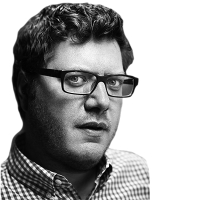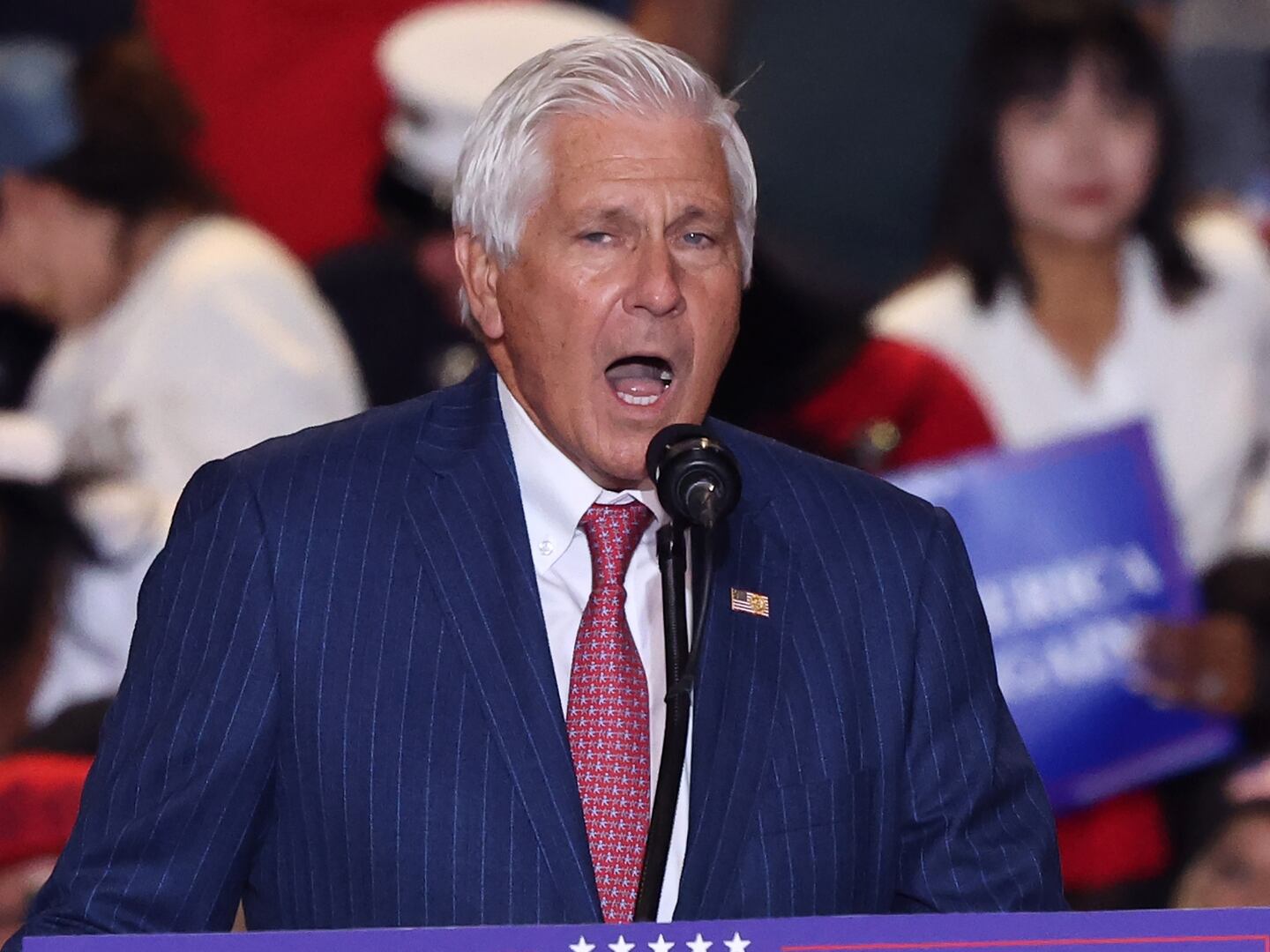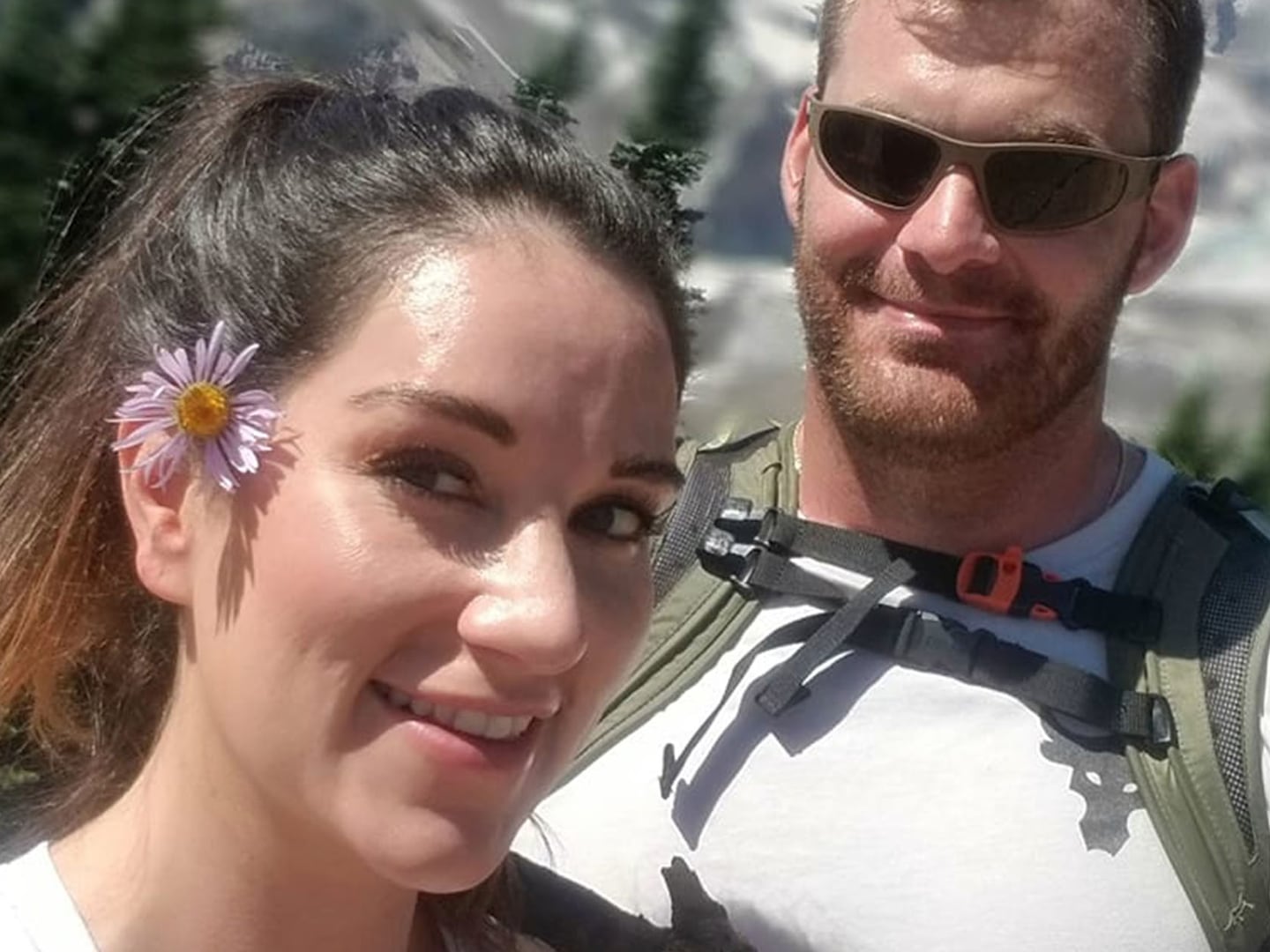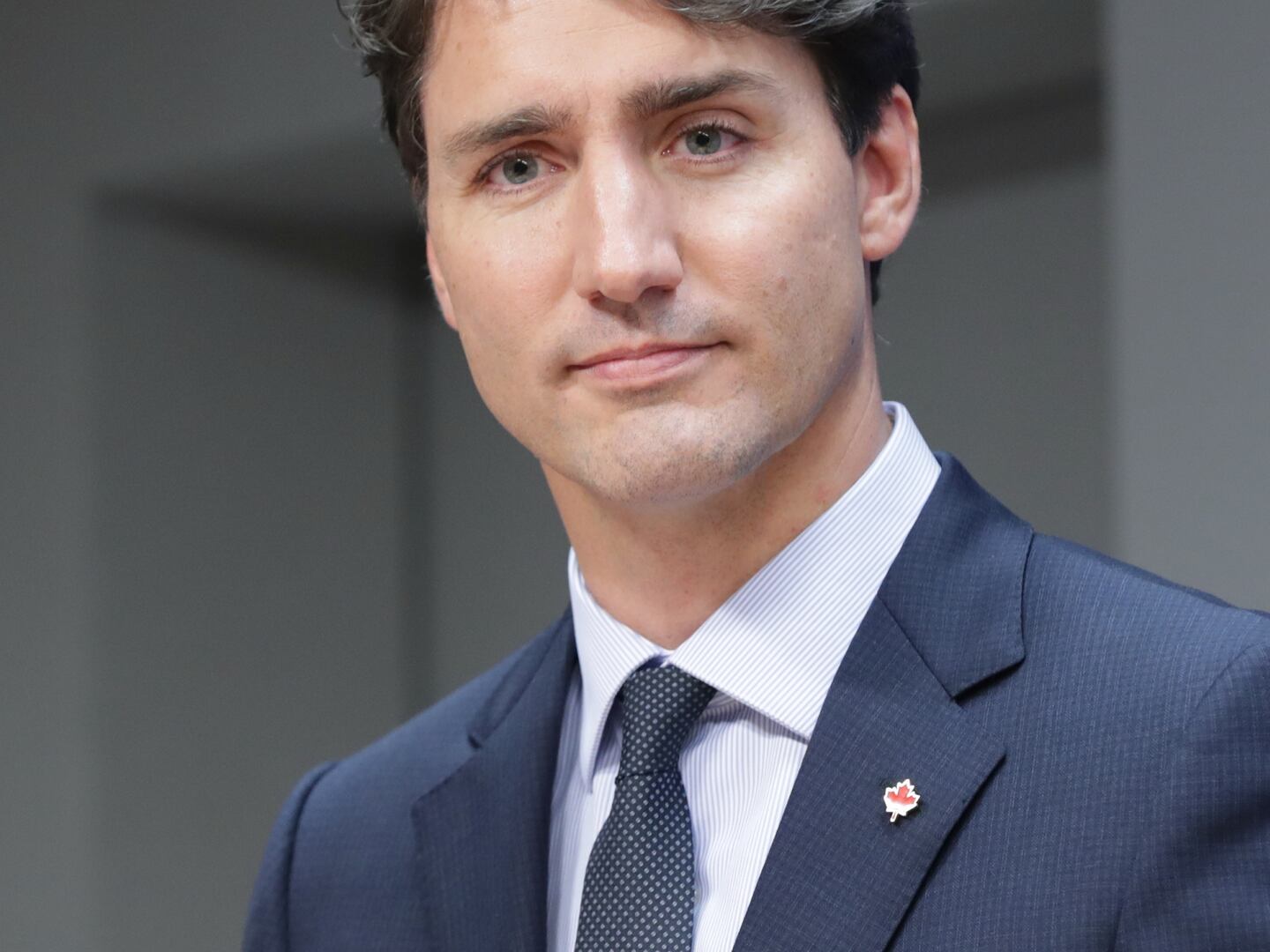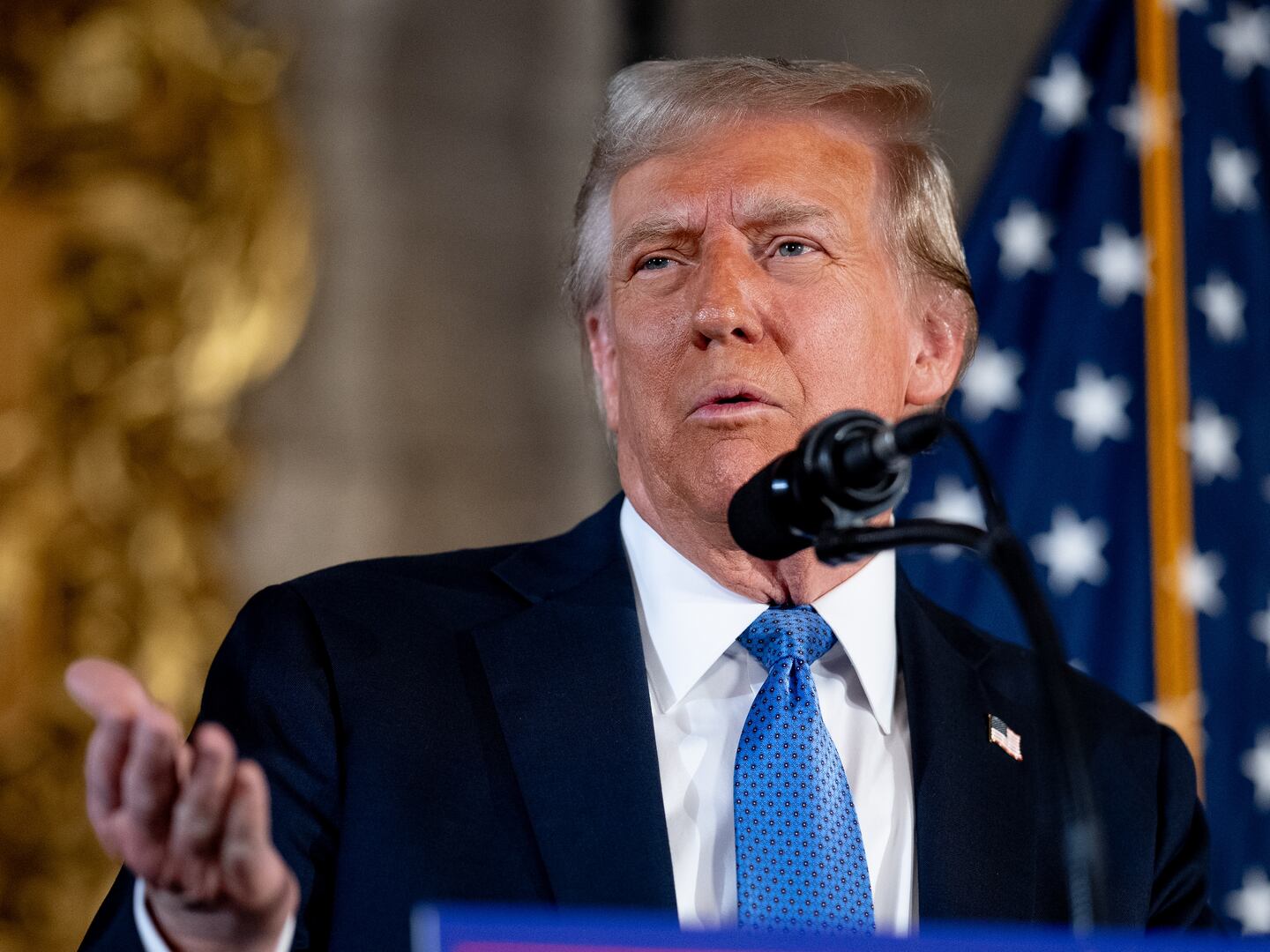Half Full
Photo Illustration by Emil Lendof/The Daily Beast
How Harry Truman Ran a Bourbon-Soaked White House
Booze Beast
Truman’s fondness for bourbon not only broadened his appeal, but also helped him defeat his much-heralded opponent, Republican Thomas Dewey.

Trending Now
